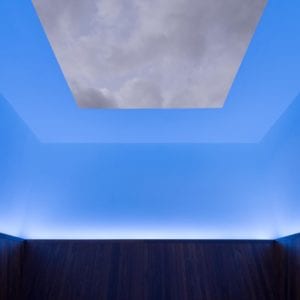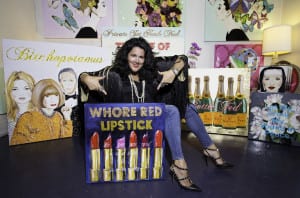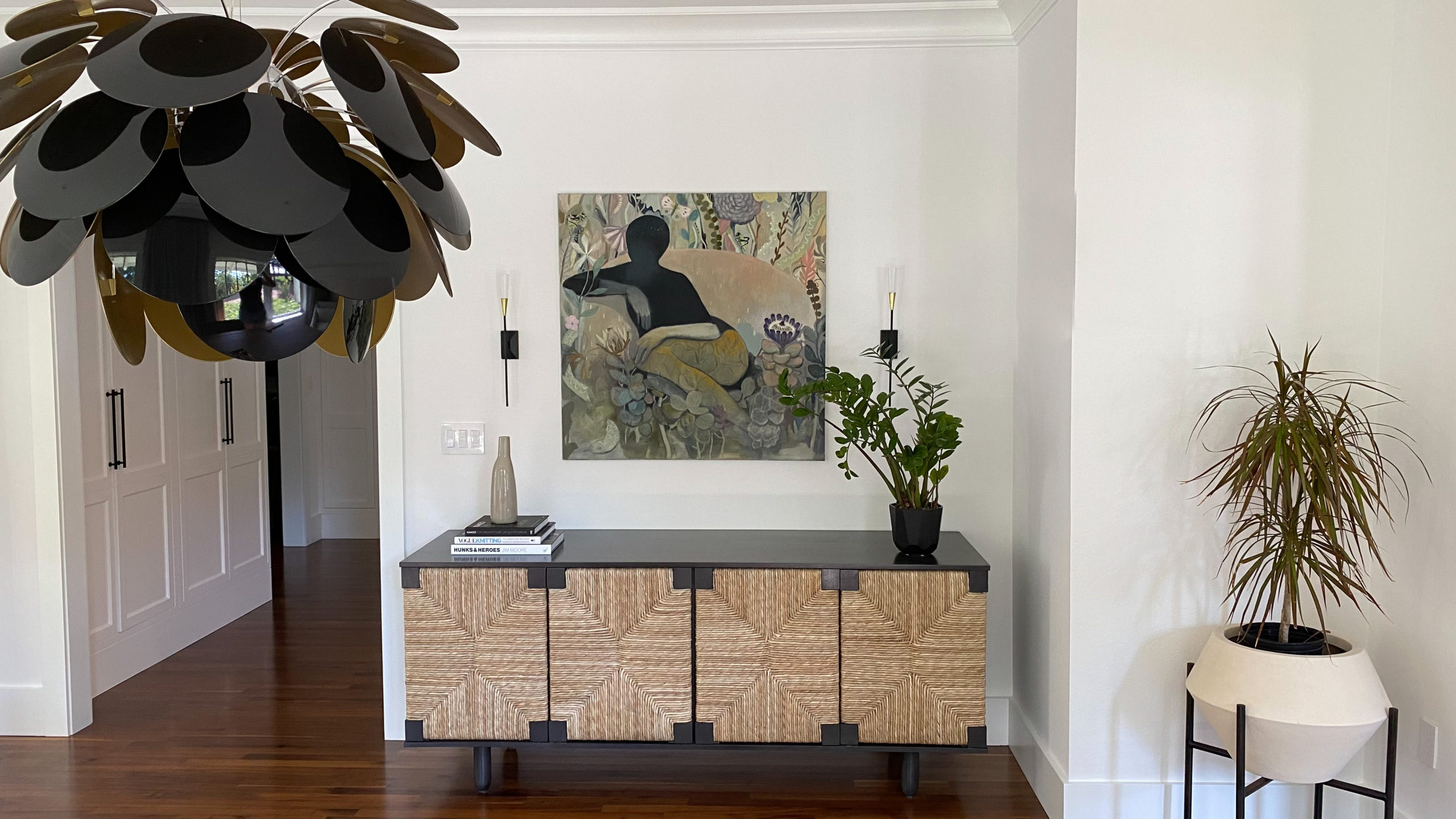top image //Hilma af Klint’s Group X Alterpieces 2, 3, and 1 from Paintings for the Future at the Guggenheim in New York until April 23, 2019.
The best way to learn about art is to experience it. Since most of us start our experiential art journeys at museums, here’s the scoop on how to get the most out of museum shows.
None of us have time to see every museum show. If you’re like me, you probably go to museums more when you’re on vacation than when you’re home. Time is limited. You’ve gotta choose wisely. I only had time for one show over the holidays. The two that are making headlines right now in NYC are Andy Warhol at the Whitney and Hilma af Klint at the Guggenheim.
The af Klint show got my 2019 off to a heavenly start. How did I know it was the right show for me? New York Times art critic extraordinaire, Roberta Smith, Instagrammed it as a must-see.
Get your info about what’s good from trustworthy art publications and Instagrammers. The key word is “trustworthy.” If 2016 taught us nothing else, we all now know that we have to consider our sources very carefully. That goes double for art. A LOT of art publications are akin to pay-for-play advertorials. They write about artists whose galleries run ads or pay fees. I’m not naming pay-for-play names, but here are my go-to publications.
Art Zealous for current, accessible info. (If they were pay-for-play, I wouldn’t be writing for them.) Hyperallergic for digestible art criticism that goes a level deeper, and ArtCritical when I want to get really cerebral. ArtCritical also sponsors New York’s best kept art secret—The Review Panel. Most months (10 of 12), you can soak up a free, world-class dissection of 4 current NYC exhibits. The panelists are a who’s who of the art world. Plus, huge bonus, moderator David Cohen keeps it real. You can dig into their entire 15-year archive via podcast. But if you’re looking to network, RSVP (it’s always packed) and get your ass to Brooklyn for it live.
On Insta, I’m all about @brooklynrail (art pub), @curatorsintl (curatorial nonprofit), @dexterwimberly (curator), @eugenie.tsai (curator), @girlseesart (curator/gallerist), @hankwillisthomas (artist/activist), @klausbiesenbach (curator), @robertasmithnyt (critic), @thegreatwomenartists (curator) @womeninthearts (museum), and @youngglobal (curator). Of course, there are others. But these are the highly curated feeds that keep me in the know about what’s important, not just what’s popular.
Which brings me back to the af Klint show. If you haven’t seen it yet, run to the Guggenheim before it closes in April. I’m serious. Photos of the show are stunning, but they still don’t do it justice. Af Klint was a master of color, texture, and symbolism. Her works, especially The Paintings for the Temple, were made to lift your mind to a higher plane. When you’re close enough to them that they fill your field of vision, it’s like you’ve left the material world and entered the spiritual realm.
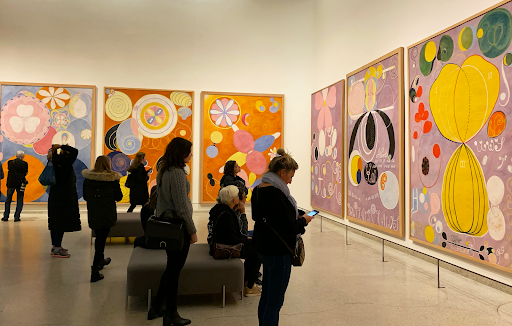
Just as important, this exhibit is upending art history. Although her work has been shown since the 1980s, the newfound prestige of her Guggenheim retrospective feels explosive within the context of #MeToo and the still ubiquitous glass ceiling. Af Klint is a poster child for the roadblocks our society puts up against women’s success. She started experimenting with abstract drawings in the 1890s and painted the first completely abstract work in 1906. Wassily Kandinsky was previously thought to have earned that honor. But he didn’t paint his first abstract until 1911. While af Klint showed her groundbreaking works, they weren’t recognized like those of her male contemporaries (Kandinsky, Malevich, and Mondrian). So she later directed that they shouldn’t be shown again until 20 years after her death.
That’s what museum shows are supposed to do—continually redefine art history. We go to them to see the best of the best.
Before you travel, ask artists and art worlders what you should see. If you follow me on Instagram, you already know that I always go to museums when I’m traveling. 2018 took me to Europe a lot. My museum highlights were in Berlin, Rome, Siena, Stockholm, and Vienna. Some, like the Vatican, are impossible to miss. Every source lists them, but don’t trust the guidebooks, general sources, or concierges. They won’t give you the real skinny on which museums are the best. Ask artists, academics, or art professionals.
If I hadn’t asked my fav art historian for pre-travel recommendations, I would’ve completely missed the Kunsthistorische Museum in Vienna. It didn’t make any of the must-see lists, but it was like taking a survey course in Western art history in a single day. Why bother? Because all art references other art.

The Berggruen Museum in Berlin didn’t make the must-see lists either, but their Picasso collection is revelatory. Heinz Berggruen knew his artists intimately. The museum doesn’t just exhibit works the artists made, but also works they collected and that influenced them. Like most of you, I’ve seen loads of Picassos, but one afternoon at the Berggruen opened up a whole new understanding of how indebted his work, and Cubism, is to African art.
Like af Klint and Kandinsky, art has always been a vehicle for communicating the sacred and the mystical, so don’t just look for traditional museums. When we’re hiking in the Himalayas, exploring Latin America, or wandering around Europe, some of the best “museums” turn out to be monasteries, temples, and churches. I’m not religious, but I still enjoy the art in them all!
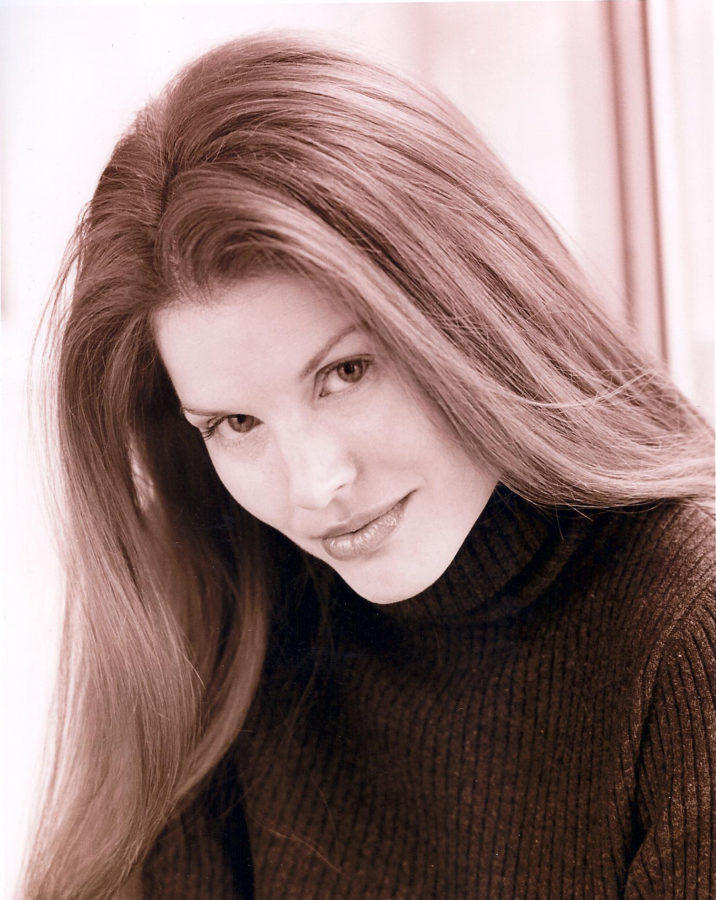
Holly Hager is an art collector and the founder of Curatious. Previously an author and a professor, she now dedicates herself full-time to help artists make a living from their art by making the joys of art more accessible to everyone.

